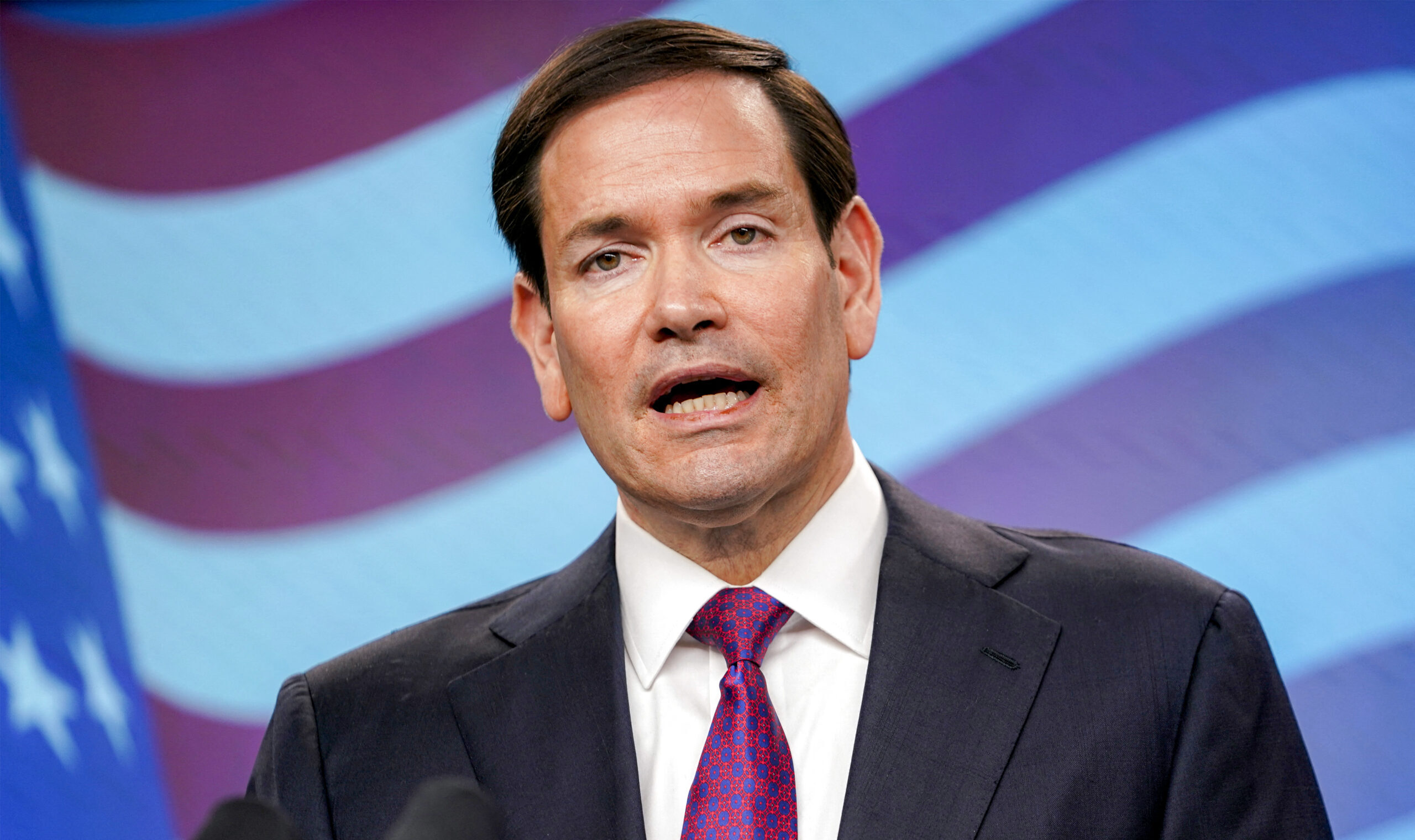Mistaking Beliefs for Certainties
But let’s not forget that a humanitarian catastrophe has been averted for now and that this intervention looks much less like the 2003 invasion of Iraq than the successful 1991 gulf war to rescue Kuwait from Iraqi military occupation. ~Nick Kristof
Why is that exactly? I understand that Kristof believes the Libyan war is the right thing to do, and for that reason he is going to identify it with another modern “good war” that most people support and reject comparisons with the “bad war” most people now regard as a disaster, but what about this intervention resembles the Gulf War in any way?
The Gulf War began approximately six months after the invasion of Kuwait, it was a response to international aggression in keeping with the principle of collective security that was the reason why the U.N. was created, and the Security Council authorized the expulsion of Iraqi forces from the country they were occupying. The international coalition Bush assembled included diplomatic, financial, and military support from dozens of nations around the world. This war has nothing in common with that. It has been the result of a panicked, last-minute decision, it is a limited mission of civilian protection authorized by the Council, there is minimal international support, the conflict is a purely internal one, and intervention has been justified on the basis of a relatively new concept to which U.N. members committed to support in just the last decade. The chief similarity between the two are that they have begun with air campaigns by U.S. and allied forces against a politically isolated foreign government.
Saying that the war has averted a humanitarian catastrophe is an extremely useful claim, and there’s no obvious way to disprove it. Outside governments intervened, and a humanitarian catastrophe hasn’t happened, and supporters of the war take it for granted that one would have happened otherwise. Of course, this is why they supported the war, but this points to the dilemma that humanitarian interventionists have. If they intervene in a timely fashion and don’t make the situation drastically worse in the process, there is nothing concrete they can point to that vindicates the decision.
Unlike a preventive war designed to eliminate another country’s arsenal of unconventional weapons, preventive humanitarian interventions can’t be discredited by a lack of physical evidence. If a humanitarian crisis doesn’t happen, there will always be uncertainty about whether the intervention was ever really necessary. Kristof speaks of the certainty that “Libyan civilians would be dying on a huge scale,” but what gives him this certainty? What makes Kristof’s certainty in this case more credible than the certainty of Iraq hawks that Hussein still had WMDs that he was hiding away somewhere? What Kristof calls certainties are actually his beliefs or suspicions. Very much like the 2003 Iraq war, the Libya interventionists have had to emphasize the past record of the dictator and make claims about his intentions on the basis of the public blustering of a megalomaniac, which is hardly the best evidence.
The more serious problem for humanitarian interventionists is that their interventions can make things drastically worse. They can create humanitarian catastrophes where they wouldn’t have existed otherwise. The growing humanitarian crisis in Misurata isn’t the fault of the intervening governments, but to the extent that intervening governments prolong the civil war they are contributing to the conditions that will create humanitarian crises around the country. If Libyan civilians begin dying “on a huge scale” partly because outside governments chose to prolong the conflict, bolstered the losing side in a civil war, and made it more difficult for the civilian population to receive food, water, and medicine, what war does Kristof think Libya will look like then?
